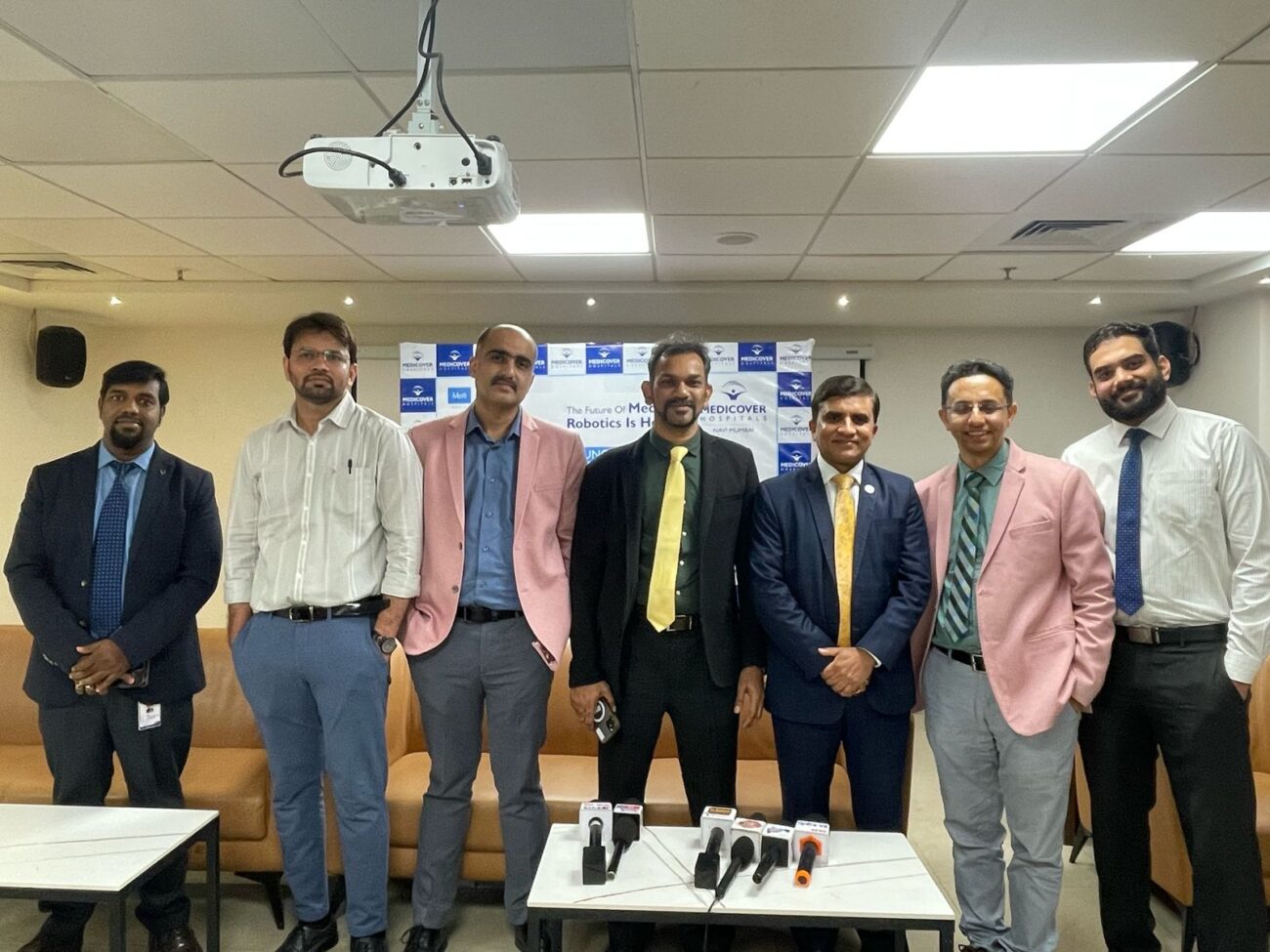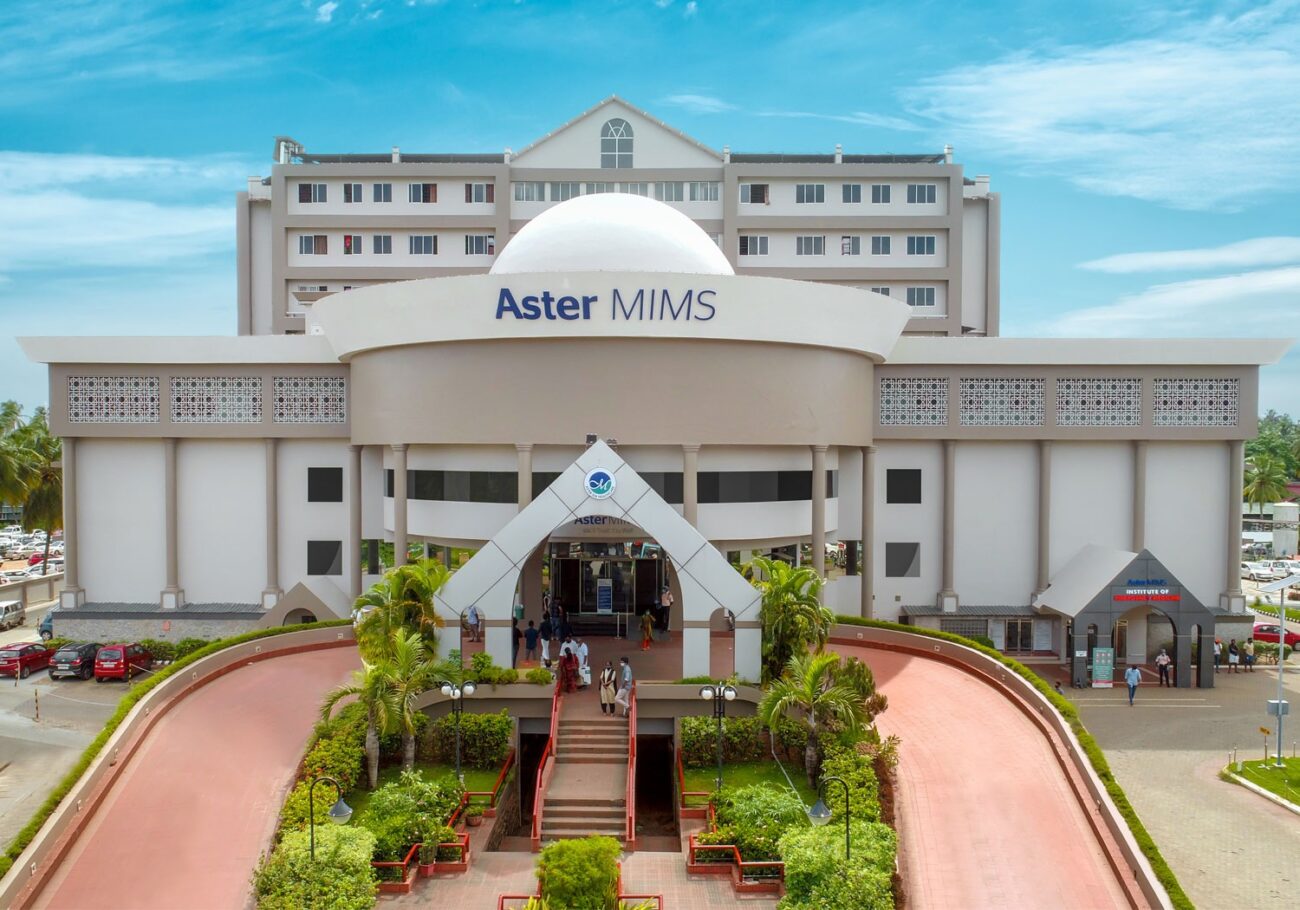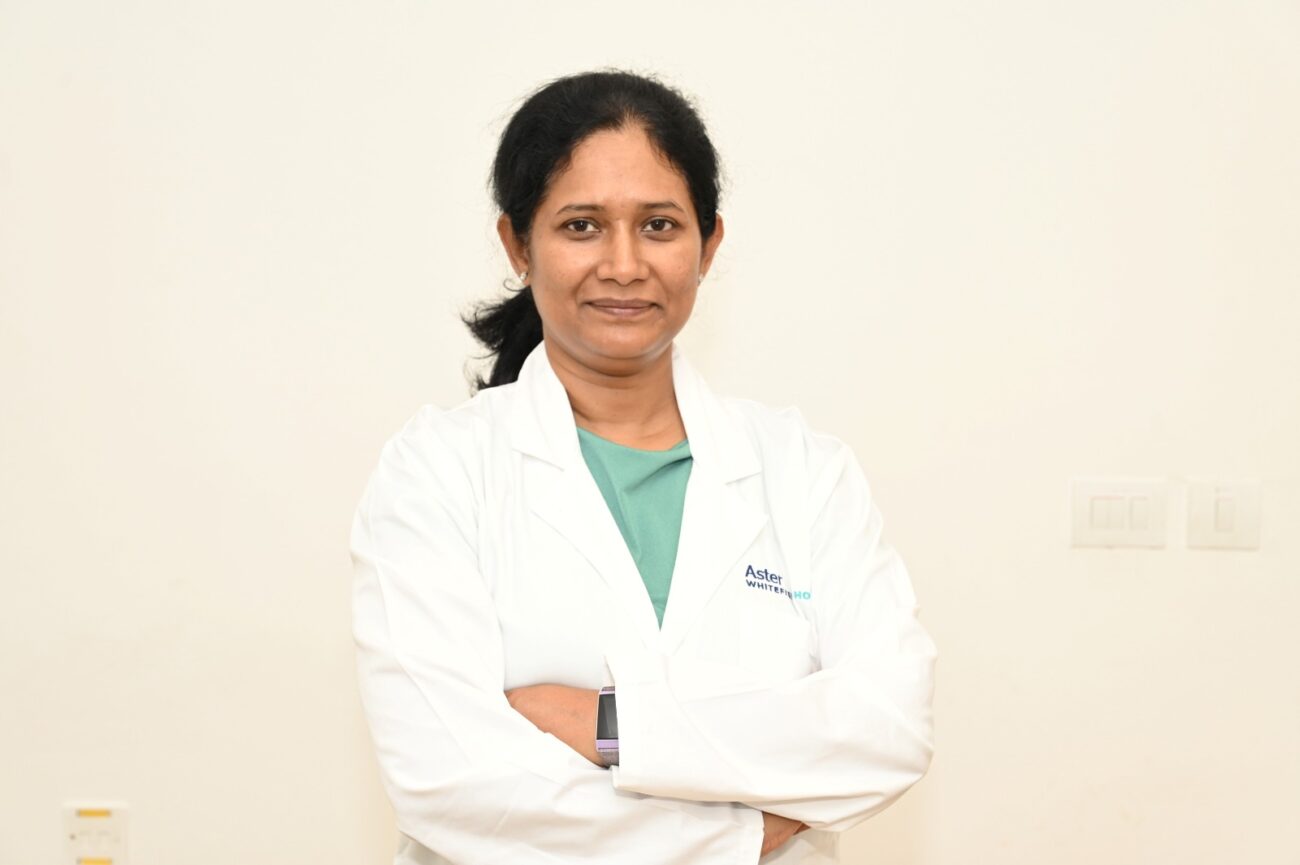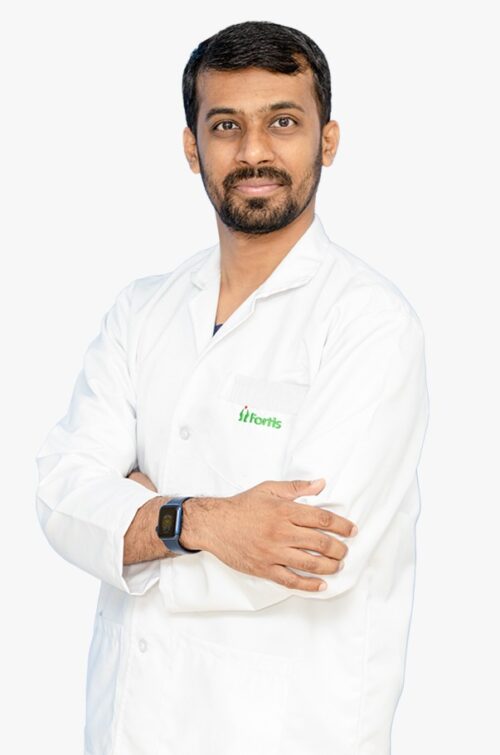World Cancer Day Spotlight: Experts views on Tackling Maharashtra’s Cancer Challenge
Personalised Care through precision driven approach that puts patients at the centre Access to global experts and technology to bring in a multi-disciplinary approach Introducing precision technology through CAR-T Cell Therapy for cancer

- Personalised Care through precision driven approach that puts patients at the centre
- Access to global experts and technology to bring in a multi-disciplinary approach
- Introducing precision technology through CAR-T Cell Therapy for cancer patients
Maharashtra carries a staggering cancer burden. Cancer cases have surged by 24.5% since 2013 in the state, an alarming 8% of India’s total, place it second highest nationwide. This figure doesn’t even encompass relapse and recurrences, a harsh reality for many. Cancer affected up to 97,759 people in the state in 2013, the number grew to 1,21,717 in 2022. However, only about 10% of India’s population is covered by these population-based cancer registries (PBCRs) and the actual figure may be significantly higher.
Despite a rising burden, personalized medicine offers tailored therapy. Breast and cervical cancer see improved screening, while targeted drugs and immunotherapy show promise.
Recently, India witnessed a beacon of hope in the form of precise cutting-edge treatments and personalised care approaches. For instance, standing at the forefront of precision therapy for cancer, is the newly introduced CAR-T cell therapy, NexCAR19.
According to Dr (Prof) Vijay Patil, Consultant, Medical Oncology at P. D. Hinduja Hospital, Khar, this gene-modified cell treatment offers a single-infusion approach that significantly improves quality of life at a fraction of the global cost. “The arrival of CAR-T program in Maharashtra marks the start of a new era of personalized cancer care. It opens avenues for newer therapies and solutions for patients with relapsed or refractory B-cell lymphoma and B-acute lymphoblastic leukaemia”, he said.
A cancer diagnosis often comes with an overwhelming amount of information for patients to sift through and remember. Between appointments, meeting with various doctors and clinicians, and digesting treatment and nutrition information, it can be difficult to keep track of it all. In the intricate tapestry of cancer care, case managers emerge as vital navigators, offering a beacon of support for those traversing the challenging terrain of diagnosis and treatment.
Medix Global, which offers a unique healthcare management model, further amplifies this support by offering its Personalised Cancer Care Case Management services as a pillar of support for patients and their families. “No two cancer journeys are identical,” says Medix Global’s Founder and CEO, Ms. Sigal Atzmon. “That’s why we tailor our services to each patient’s unique needs. We delve into medical history, personal circumstances, and treatment goals, crafting a precise, personalised care plan just for them. Ultimately, we aim to empower patients, navigating the intricate landscape of cancer care with compassion while leveraging both global and local expertise”, she said.
Medix Global aims at bringing in a fundamental change in how healthcare is delivered and consumed in India. Dr. Ankit Kumar Gupta, Senior Case Manager Doctor at Medix Global’s Mumbai Office emphasises on how their model is a movement away from a one-size-fits-all and fragmented approach towards more advanced, nuanced, patient-specific and holistic cancer care. “By implementing our uniquely managed care models across India, Medix flattens the inequality of care curve, reduces unwarranted healthcare variations between doctors, hospitals, cities, regions, countries and more, making quality healthcare borderless”, he said.
“The impact and improvement in medical outcomes that we have demonstrated speaks for itself”. Added Ms. Atzmon. “In 7.8% of the oncology cases managed, we changed the diagnosis and helped reach an accurate diagnosis. This includes, the type or subtype of cancer, staging of the tumour or extreme cases in which the patient was wrongly diagnosed and did not have cancer at all. In 54.1% of the cases, our specialists have recommended a different and more optimal, personalised treatment regimen. In 11.5% of the cases we helped, our patients avoid significant unnecessary treatment, procedures or surgery that was either not in line with the medical guidelines or not indicated for their condition.”
Personalised Cancer Management is crucial not just for better patient outcomes but also for the sustainability of healthcare systems at large. Such transformative approaches to healthcare shine as opportunities for individuals, insurers, employers and healthcare providers alike to ensure a healthier, more sustainable future.






